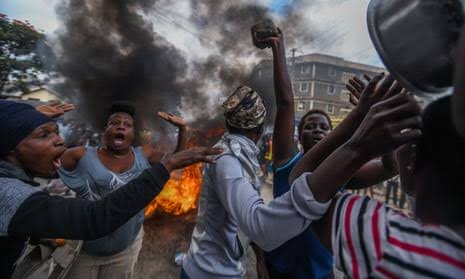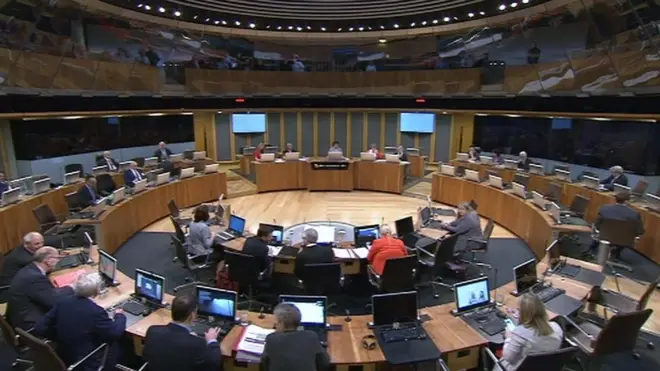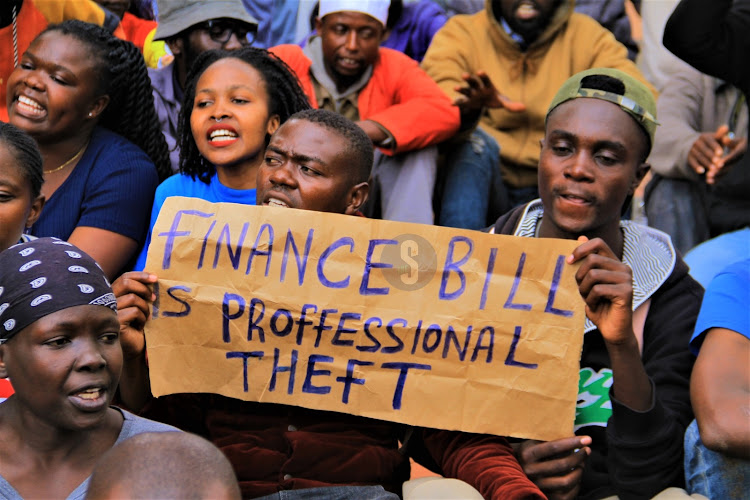President Ruto is currently juggling the most significant crisis of his two-year presidency despite withdrawing the controversial finance bill

Just a day after President William Ruto did a U-turn and retracted the controversial finance bill proposing tax hikes in response to protests earlier this week, demonstrators at the Kenyan Parliament have taken up a decision to pick up where they left off today, Thursday, June 27, 2024.
While some protestors announced they would not participate in the rally because the finance measure was dropped, others vowed to continue, stating they would only be satisfied if Ruto resigned.
As the situation continues to worsen, security officials immediately put up roadblocks and began to fire tear gas and rubber bullets at protesters.
Addressing the nation on Wednesday afternoon, President Ruto assured that he would not give assent to the bill. According to him, “it shall subsequently be withdrawn,” but several citizens in the country refused to give heed to this.
READ ALSO: Kenya protests turn ugly as parliament burns, mace moved
OrderPaper recalls that the bill introducing a series of new tax proposals since last week, sparked widespread protests in Kenya, marking the second time in two years, despite the rising cost of living in the country.
The lawmakers instead of reducing expenditures, introduced amendments to compensate for the scrapped taxes. The fuel levy has been increased by 39% to KES25, and currently, taxes account for 40% of a litre of petrol.
Some other aspects of the bill that was later amended were an increase in the import declaration levy from 1.5% to 2.5% of all imports, as well as an increase in the railway development levy from 1.5% to 2.5% of import value. Following the protests, certain parts of the bill were expunged, such as a proposed 16% value-added tax (VAT) on bread, taxes on foreign exchange transactions and financial services, and a 2.5% car tax.
Following the passage of the finance bill on Tuesday, protesters took a drastic turn and forced their way into the parliament building by breaking the fence.
Tuesday saw protests in most of Kenya’s 47 counties, from large cities to rural areas. Protesters tore up flags, upturned chairs and tables, and reportedly took the ceremonial mace, which is the symbol of authority of the parliament. A part of the Parliament building was also set ablaze.
According to reports, 30 individuals were receiving treatment for gunshot wounds and at least 23 people have died.



